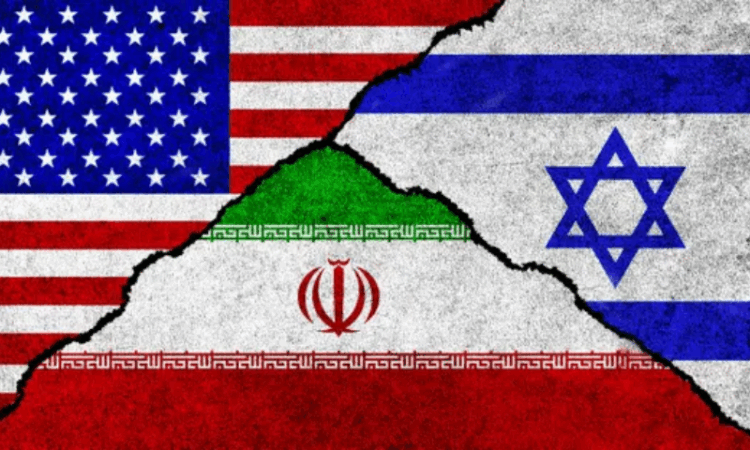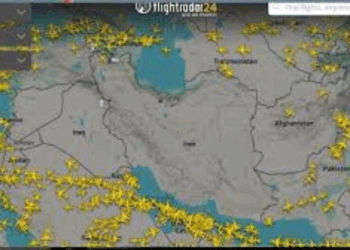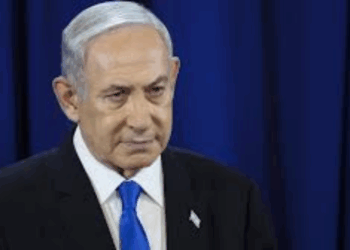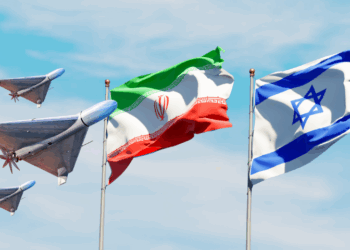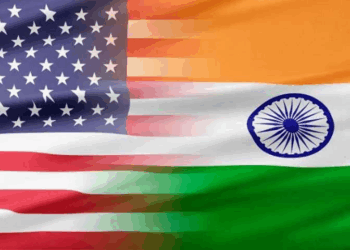Washington, June 13, 2025: U.S. President Donald Trump has urged Iran to “make a deal” in the wake of deadly Israeli airstrikes on Iranian nuclear and military sites, warning that continued escalation could lead to more “death and destruction.”
“There has already been great death and destruction, but there is still time to make this slaughter, with the next already planned attacks being even more brutal, come to an end,” Trump posted on Truth Social. “Iran must make a deal, before there is nothing left… JUST DO IT, BEFORE IT IS TOO LATE.”
Speaking to Fox News earlier, Trump confirmed he had advance knowledge of the Israeli strikes and reiterated that “Iran cannot have a nuclear bomb,” while expressing hope for a return to diplomacy.
Israel launched a large-scale overnight operation targeting over 100 Iranian sites, including the Natanz nuclear facility. Prime Minister Benjamin Netanyahu confirmed the strikes, which Iranian media report killed several senior military leaders, including Revolutionary Guards commander Hossein Salami and Armed Forces Chief of Staff Mohammad Bagheri.
Iran’s Supreme Leader Ayatollah Ali Khamenei denounced the attacks as a “crime” perpetrated by “satanic, bloodstained hands,” vowing that Israel would face “severe punishment.”
“The Zionist regime has prepared for itself a bitter, painful fate,” Khamenei warned, signaling a potential escalation in regional hostilities.
As tensions mount, Trump emphasized the U.S. was prepared to defend its interests and allies. “We are not involved in strikes against Iran,” Secretary of State Marco Rubio stated, adding that the U.S. priority is protecting American personnel in the region. Rubio also warned Iran not to target U.S. forces.
A National Security Council meeting is scheduled for Friday to assess the evolving situation.
Global reactions
United Kingdom: Britain has distanced itself from the conflict. The Times’ defence editor reported that the UK will not provide protection to Israel in the event of Iranian retaliation, in contrast to last October’s joint military actions. Prime Minister Keir Starmer has called for restraint and a return to diplomacy.
Pakistan: Strongly condemned the Israeli strikes, calling them “unjustified and illegitimate.” The Foreign Office said the attacks violated Iran’s sovereignty and international law, reaffirming Iran’s right to self-defense and warning of broader regional instability.
Saudi Arabia: Issued a sharp condemnation of the Israeli strikes, calling them “blatant aggression.”
Australia: Foreign Minister Penny Wong expressed deep concern over the escalation and urged all parties to prioritize diplomacy over conflict.
New Zealand: Prime Minister Christopher Luxon called the situation “a really unwelcome development” and warned of the risk of miscalculation.
Japan: Chief Cabinet Secretary Yoshimasa Hayashi urged restraint and reaffirmed Japan’s commitment to diplomacy while ensuring the safety of Japanese nationals in the region.
United Nations: Secretary-General António Guterres condemned the escalation, particularly Israel’s targeting of nuclear sites amid ongoing Iran-U.S. nuclear talks. His spokesperson called for “maximum restraint” to prevent further deterioration.
Oman: A key mediator in Iran-U.S. talks, labeled the Israeli action as “dangerous” and “reckless,” and called for urgent international intervention to restore regional peace.
As the Middle East edges closer to broader conflict, world leaders continue to urge all sides to de-escalate and return to negotiations.


